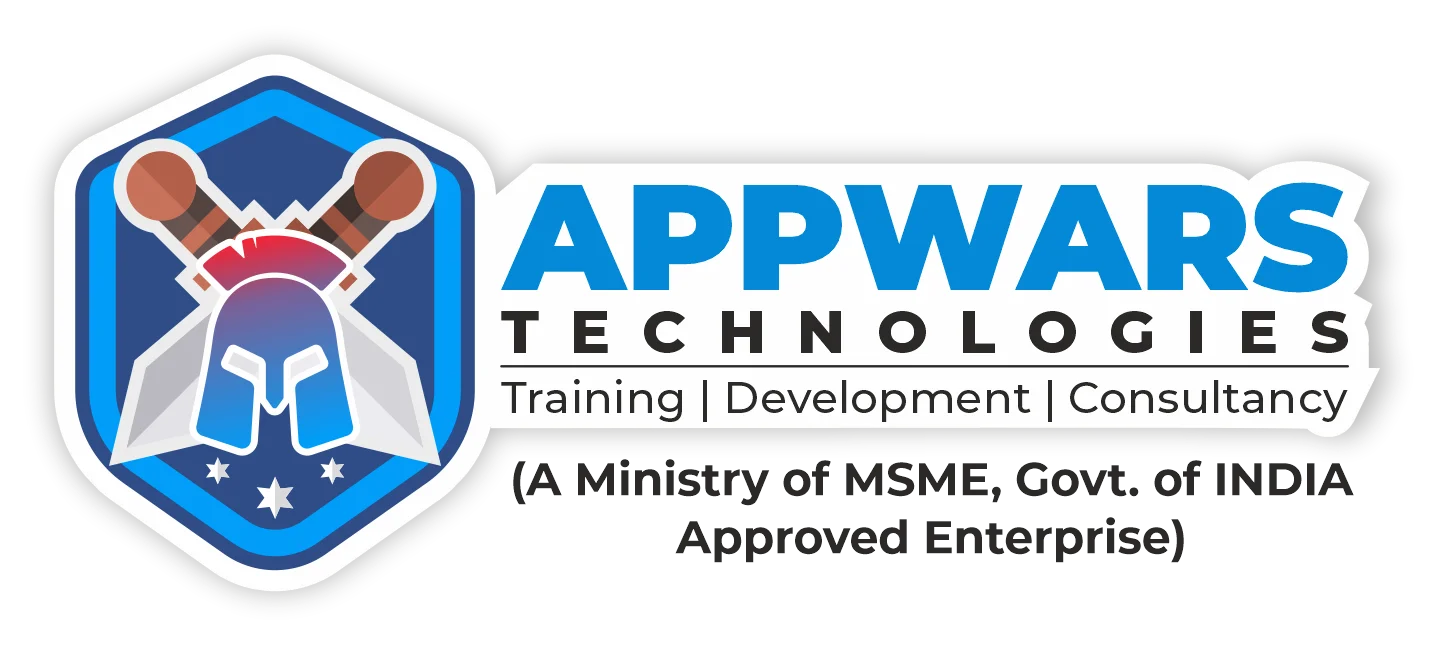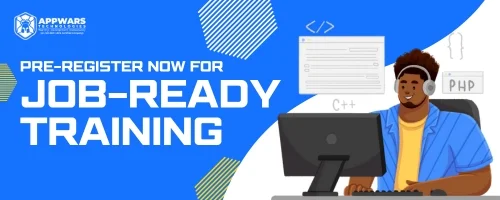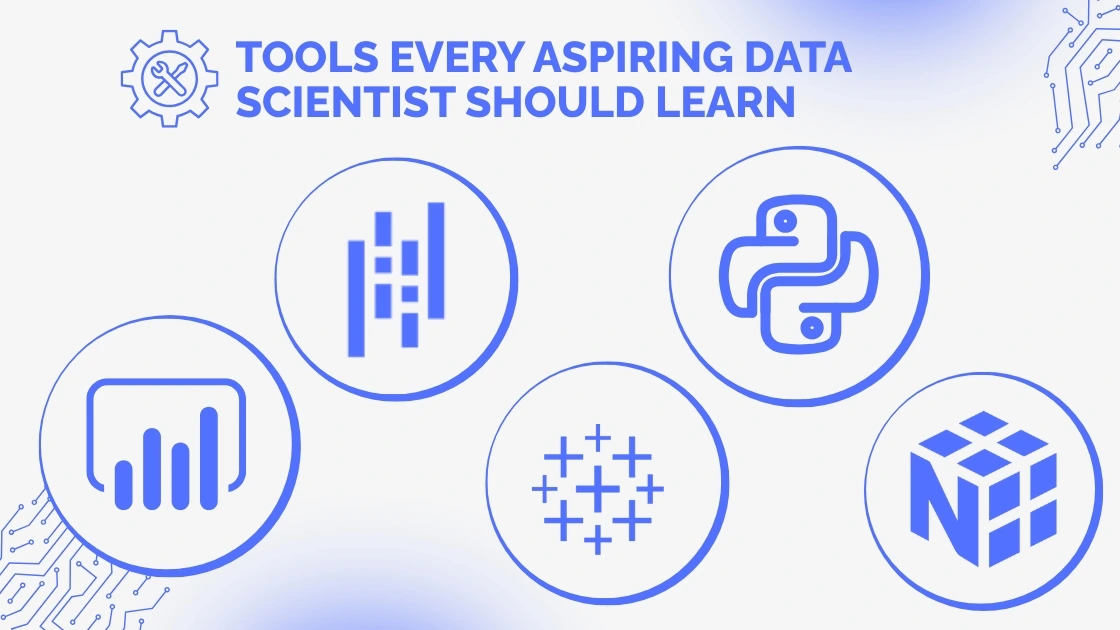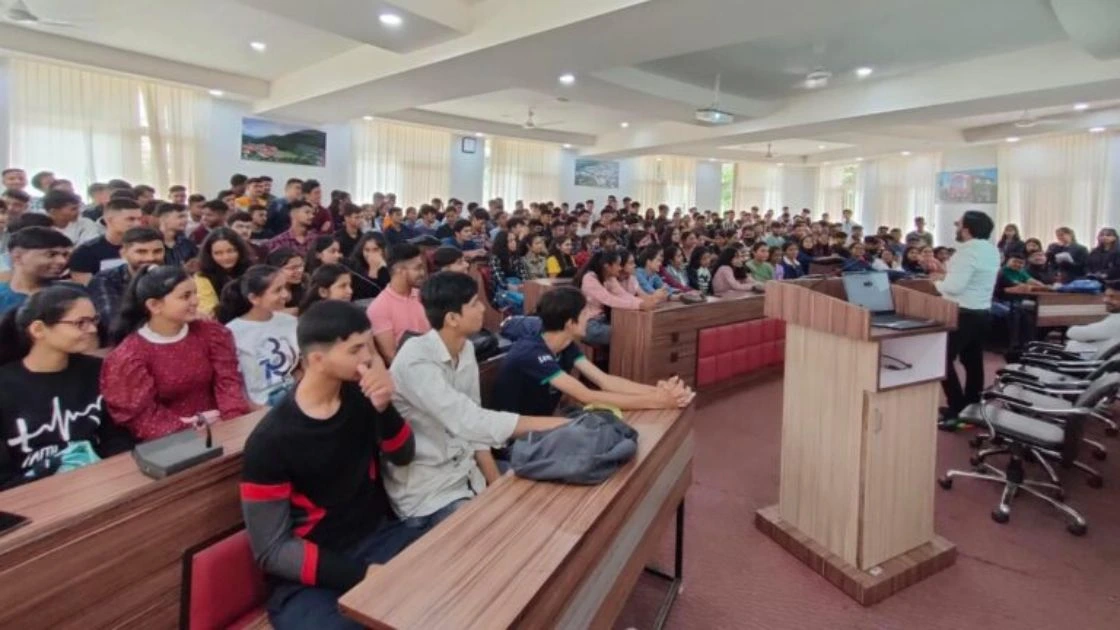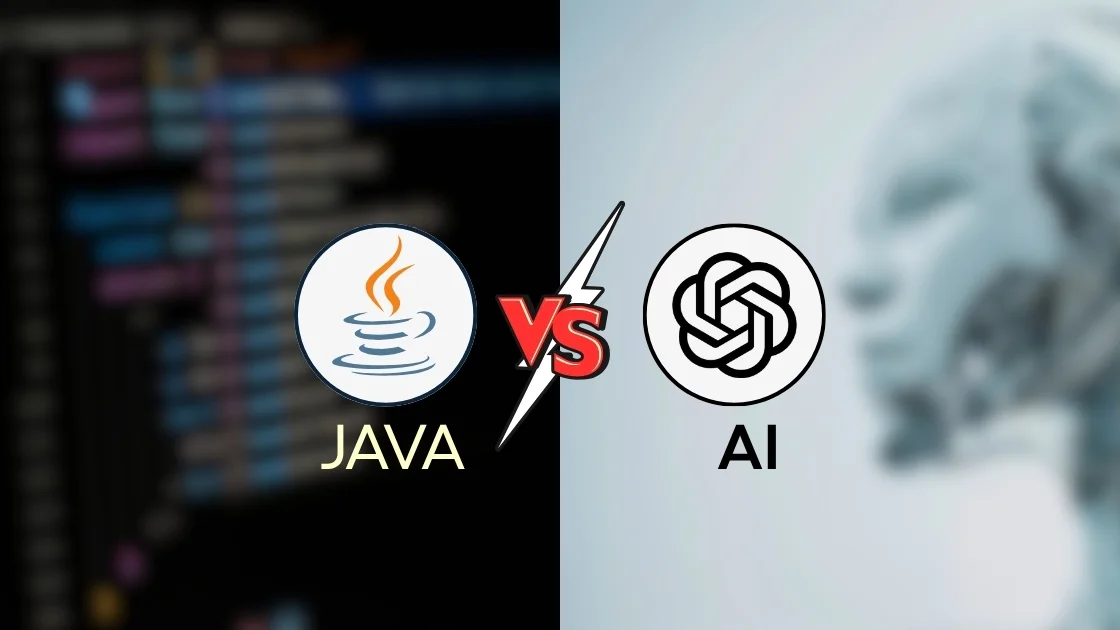Understanding the MERN and MEAN Stacks
The MERN stack and MEAN stack are two popular web development frameworks that enable developers to create robust full-stack applications. Both stacks consist of four integral components: MongoDB, Express.js, Node.js, and either React (in the case of MERN) or Angular (in the case of MEAN). This combination allows for seamless interaction between the client-side and server-side of applications, providing a powerful toolset for developers.
MongoDB serves as the database in both stacks, offering a NoSQL solution that allows for scalable data management. Express.js is a web application framework for Node.js, designed to simplify and streamline server-side development. Node.js underpins both stacks, providing a runtime environment that enables JavaScript to be executed on the server-side. The distinction arises with the front-end technology—React for MERN and Angular for MEAN.
React, a library developed by Facebook, employs a component-based architecture that emphasizes reusable UI components, enhancing flexibility and maintainability. Conversely, Angular is a full-fledged framework developed by Google that follows a model-view-controller (MVC) design pattern. Angular provides a more opinionated structure, integrating features such as two-way data binding and dependency injection, which can accelerate development for some projects.
The popularity and community support for both stacks have been significant, with the MERN stack particularly gaining traction in recent years due to its modern approach to building single-page applications. The active community surrounding both React and Angular provides a wealth of resources, tutorials, and forums for developers seeking assistance or wishing to expand their knowledge, such as enrolling in a mean stack course or mern stack course. This community support enhances the viability of either stack for developers looking to advance their skills and tackle complex projects.
Comparing MERN and MEAN Stacks: Performance and Usability
The comparison between the MERN stack and the MEAN stack has garnered significant attention from developers, especially concerning performance and usability. Both frameworks provide robust solutions for building web applications, yet they cater to different needs and preferences. The choice between a MERN stack course or a MEAN stack course often boils down to the specific use cases and project requirements.
One of the key aspects to consider is the ease of learning. MERN, which utilizes React for its front-end, tends to have a gentler learning curve for developers who are already familiar with JavaScript. React’s component-based architecture enhances modularity and reusability, making it particularly appealing for developers focusing on dynamic user interfaces. Conversely, the MEAN stack incorporates Angular, which, while powerful, requires a more in-depth understanding of its unique paradigms and concepts, such as dependency injection and two-way data binding, potentially making it less approachable for beginners.
When evaluating scalability, both stacks exhibit strong capabilities, but the choice may depend on the type of application being developed. MERN is often favored for applications that require real-time data capabilities, such as chat applications, while MEAN is typically preferred for larger, enterprise-level applications due to Angular’s strong features for application structure and organization. Furthermore, the developer experience significantly varies between the two stacks. MERN’s flexibility allows developers to adopt various libraries and tools, while MEAN’s opinionated framework enforces certain practices that can streamline development but may limit customization.
Real-world scenarios and statistics from the developer community indicate that both stacks maintain their popularity, with MERN showing increasing traction among modern developers focused on building interactive user experiences. As technology and developer preferences evolve, an informed decision between the MERN stack vs MEAN stack will ultimately depend on the specific project requirements and the team’s existing skill set.
Looking Ahead: The Future of Development with MERN and MEAN Stacks in 2025
The landscape of web development is continuously evolving, and the demand for efficient tech stacks like MERN and MEAN is expected to grow in 2025. As the industry increasingly emphasizes the importance of full-stack JavaScript development, both stacks will likely adapt to meet emerging technological advancements and user expectations. The MERN stack, consisting of MongoDB, Express.js, React.js, and Node.js, is becoming increasingly popular due to its flexibility, while the MEAN stack combines MongoDB, Express.js, Angular, and Node.js, catering to developers who prefer a more structured framework.
In the near future, we can expect to see more frameworks and tools designed to streamline development processes. The integration of artificial intelligence and machine learning in JavaScript frameworks will likely enhance performance, offer improved debugging options, and facilitate seamless user experiences. Such advancements can lead developers to reconsider their stack choices based on specific project requirements rather than personal preferences. For instance, developers may favor the MERN stack when creating dynamic and responsive user interfaces, while the MEAN stack may be prioritized for projects requiring a robust structure and maintainability.
Community support will also play a significant role in shaping the future of these stacks. A greater emphasis on open-source contributions is expected, encouraging an ecosystem where developers can share knowledge, tools, and best practices. This collaboration can enable both MERN and MEAN Stack courses to flourish, providing developers with the necessary skills to navigate the changes in the web development landscape. By 2025, understanding the nuances between the MERN stack vs MEAN stack and their respective advantages will be vital for developers aiming to remain competitive.
Enhancing Developer Skills with AppWars Technologies
In the ever-evolving tech landscape, acquiring the right skill set is crucial for aspiring developers, especially when it comes to frameworks like MERN stack vs MEAN stack. AppWars Technologies stands out as an organization committed to the comprehensive development of students in both areas. Through their innovative educational methodologies, they have created a conducive learning environment that prepares students for real-world challenges. One of the core features of their approach is the emphasis on hands-on projects, which allow learners to apply theoretical concepts practically, thus bridging the gap between classroom learning and industry requirements.
The MERN stack course offered by AppWars Technologies is meticulously designed to cover all essential aspects, from MongoDB to Node.js. Similarly, their mean stack course delves deep into the Angular framework, ensuring that participants understand both the functionality and best practices associated with each technology. By integrating coding challenges that simulate actual job tasks, students gain not just theoretical knowledge but also practical skills that enhance their employability in a competitive job market.
Moreover, AppWars provides mentorship programs that pair students with experienced professionals in the industry. These mentors guide learners through the intricacies of the MERN and MEAN stacks, providing insights into the latest trends and technologies. Success stories from past students illustrate the effectiveness of this model. Many have secured positions in reputable tech companies shortly after completing their courses. Furthermore, their hands-on experience with real-world applications during the training makes them ideal candidates for a variety of roles, ranging from front-end development to back-end engineering.
Ultimately, AppWars Technologies is significantly contributing to the professional growth of developers. By fostering a deep understanding of either the MERN stack or the MEAN stack, they empower students with the necessary skills to thrive in a competitive landscape, proving that mastering these frameworks can substantially impact career opportunities.
